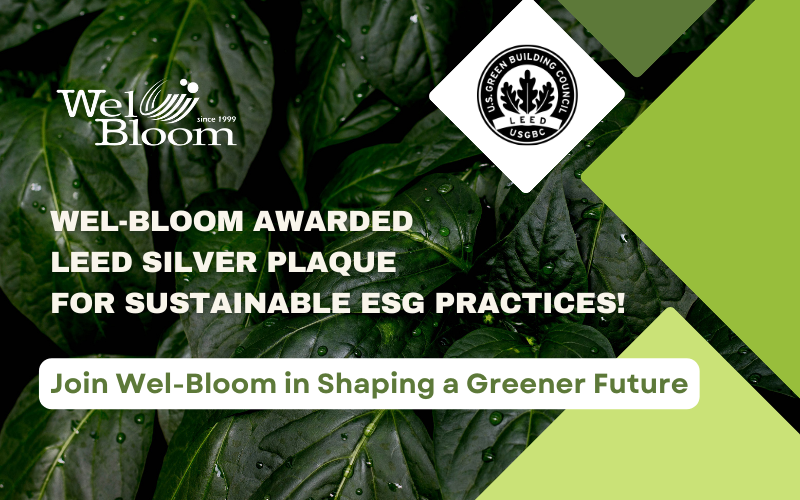Wel-Bloom Pioneering the Health Supplement Industry with LEED Certification
and Reduced Carbon Emissions to Uphold Environmental Responsibility
Driven by the escalating impacts of climate change, concerns like sustainability and green finance have surged to the forefront. Maintaining unwavering high standards in its manufacturing processes, Wel-Bloom has proactively embraced the green economy. As a pioneering move within the health supplement industry, Wel-Bloom has set the precedent by choosing LEED green building certification as a key sustainability goal during the establishment of its new factory in Zhongli. This commitment bore fruit, as Wel-Bloom proudly achieved the LEED Silver certification by the end of 2023.
LEED, the globally renowned green building certification, undergoes evaluation every three years. This assessment meticulously examines various factors, including actual water and power usage, air quality, and the amount of waste recycled. Meeting the stringent standards set by LEED is a formidable challenge due to its rigorous criteria.
In 2023, Taiwan saw the addition of merely 39 new LEED-certified buildings, bringing the total certifications issued over the past 18 years to just 282[1]. Mainly dominated by commercial buildings and high-tech factories, notably those of industry giants like TSMC and Delta Electronics, the LEED certification landscape in Taiwan has seen minimal involvement from health supplement companies. The scarcity of certifications in this sector can be attributed to the heightened complexities inherent in food factories—ranging from intricate air quality management and waste disposal to energy recycling. These facilities must concurrently adhere to rigorous food safety and health regulations, maintaining elevated standards for both personnel and production environments, all while consuming substantial amounts of water and energy. The absence of specific LEED standards tailored to the intricacies of the food industry significantly amplifies the challenge, resulting in a scarcity of manufacturers who successfully navigate this demanding certification process.
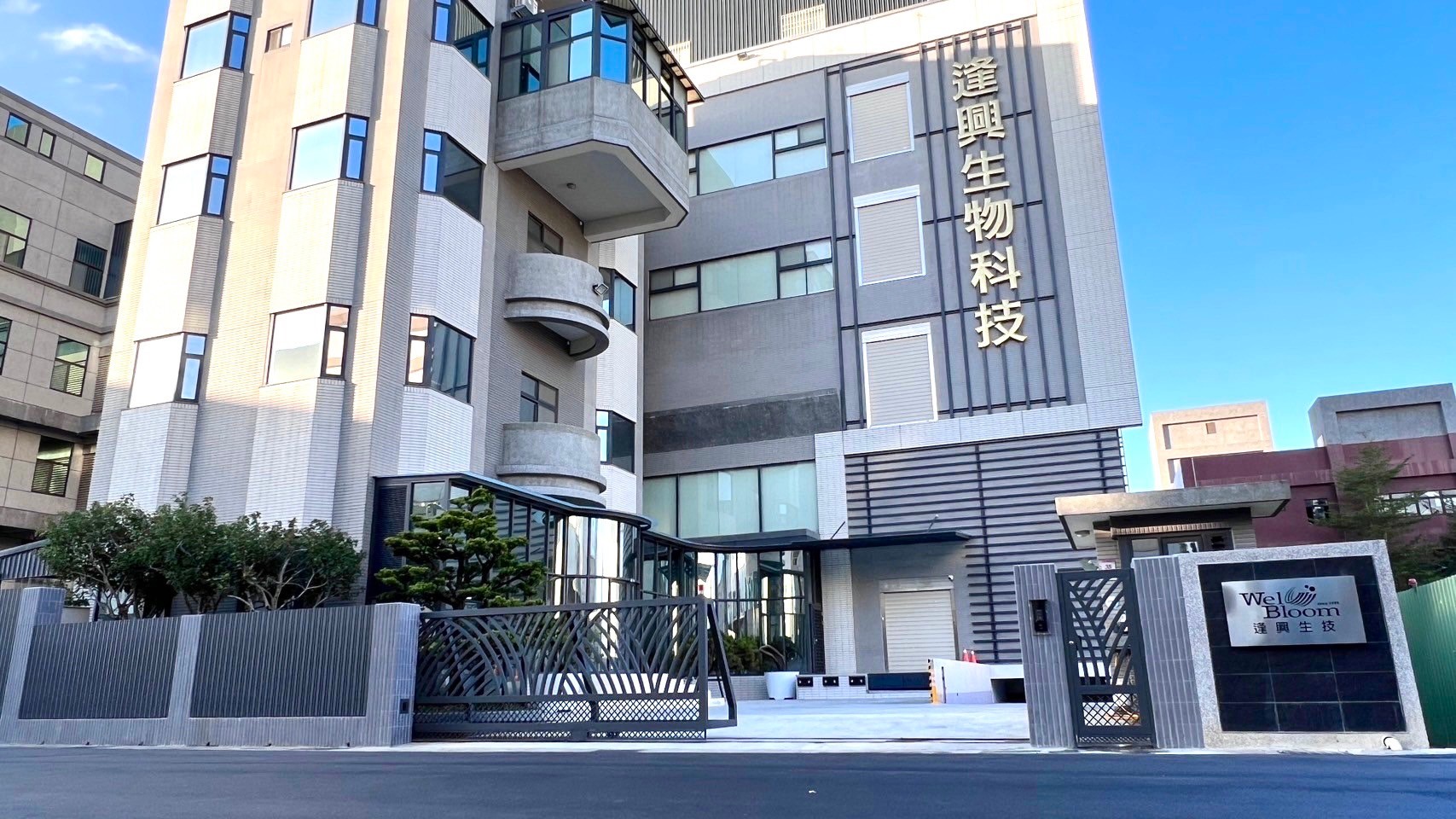
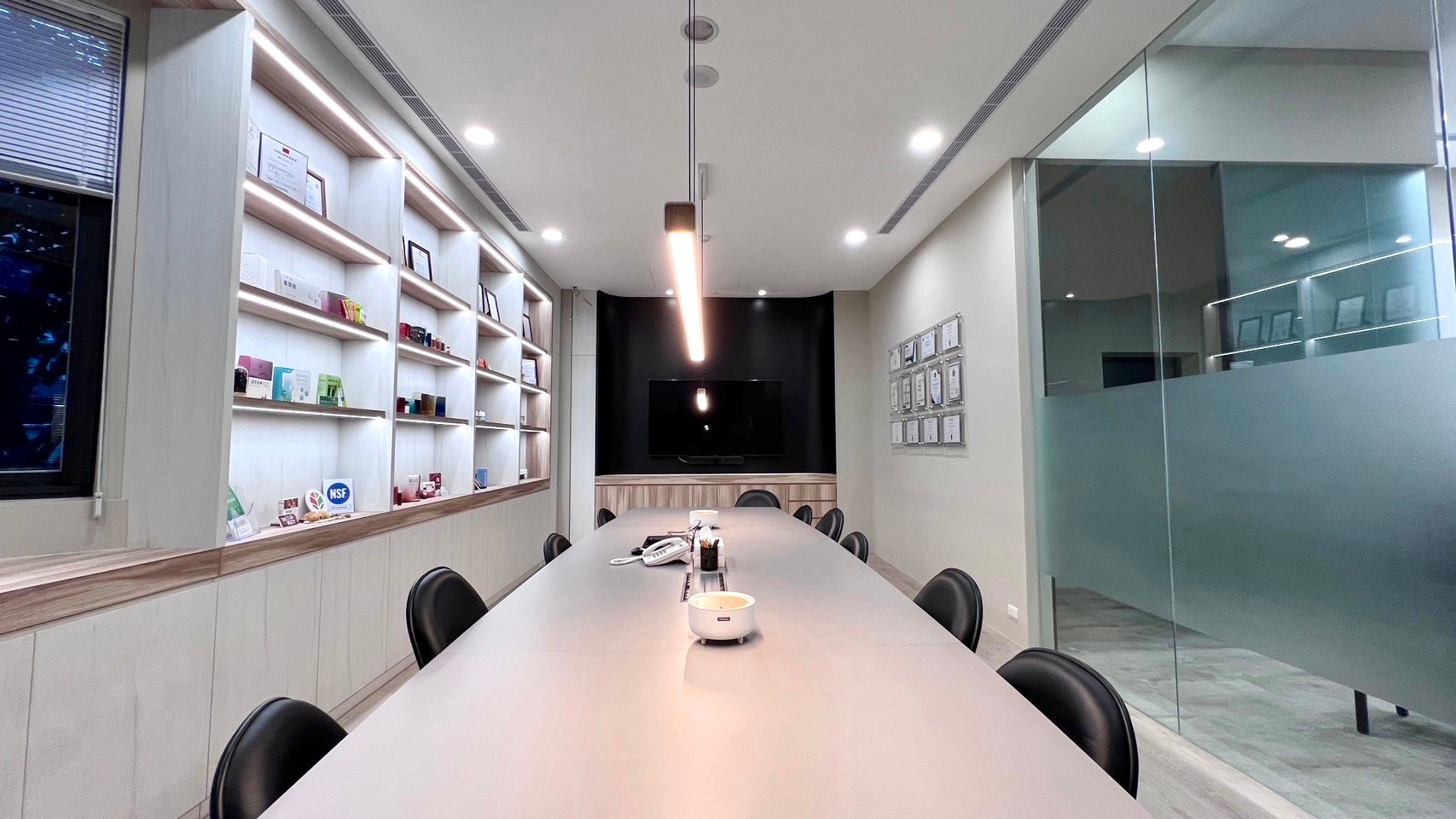
Wel-Bloom’s new factory in Zhongli has achieved the prestigious LEED Silver certification, with notable highlights outlined below:
- Optimizing water resource utilization and attaining a full mark in the water-saving category
- The total water collection area spans 727.3 square meters, featuring drought-resistant varieties carefully chosen for planting. All irrigation needs are met by 100% rainwater harvesting, ensuring an ample water supply even during periods of scarcity.
- The RO wastewater recovery rate stands at an impressive 82.87%, with the reclaimed water designated for non-manufacturing purposes. This secondary water source can fulfill the daily water consumption needs of 90 to 100 households.
- The reuse of RO wastewater results in substantial savings, amounting to at least 20 KL of fuel, equivalent to a cost reduction of approximately NT$150,000. Moreover, this practice leads to an annual reduction of 47,200 kilograms of carbon emissions—equivalent to driving nearly 200,000 kilometers. These calculations are based on the assumption of continuous operation throughout the day and year, using 300 kg/h of water heated to 90℃.
-
Optimizing air conditioning and air quality for the creation of a healthy work environment
- The implementation of magnetic bearing centrifugal chillers results in a 30% energy savings compared to conventional centrifugal chillers and screw compressor chillers.
- Employ eco-friendly refrigerants that can mitigate the risk of pollutants and minimize overall consumption.
- Utilizing pharmaceutical-grade Class 10,000 HEPA filters, which block and filter particles above 99.95% of microns.
- Implement heat-exchange ventilators designed to filter harmful substances and regulate indoor oxygen levels, temperature, and humidity. In the circulation process, they effectively cool the incoming outside air, thereby reducing the load on air conditioning equipment.
- The heat-exchange ventilator boasts low energy consumption, using approximately 84.96 kilowatt-hours of electricity per month when operating continuously. This represents only about 30% of the electricity consumption of an average household (based on a space ranging from 99 to 165 square meters).
- Dedication to energy conservation and waste reduction to minimize carbon emissions
- Utilizing steam for heating and sterilization reduces energy consumption by 83% compared to traditional manufacturing processes.
- Recovering steam heat can achieve a 10% energy savings daily, roughly equivalent to the monthly gas consumption of an average household for two months. This results in a yearly reduction of 2,880 kilograms in carbon emissions.
- Energy cost savings reach 19.4% when compared to standard buildings.
- Green energy parking spaces make up 8%, surpassing certification requirements.
Zhongli factory’s one-year operation can accomplish
| Water Saving | Equal to 2 Olympic-size swimming pools |
| Power Saving | Equal to solar panels in operation for 126 days, and wind turbines operational for 70 days. |
| Carbon Emission Reduction | Equal to the cumulative carbon dioxide absorption of 2,276 trees |
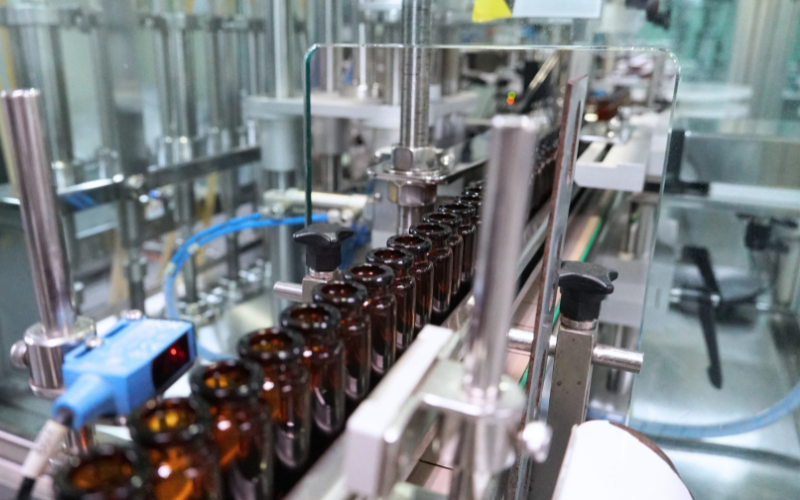
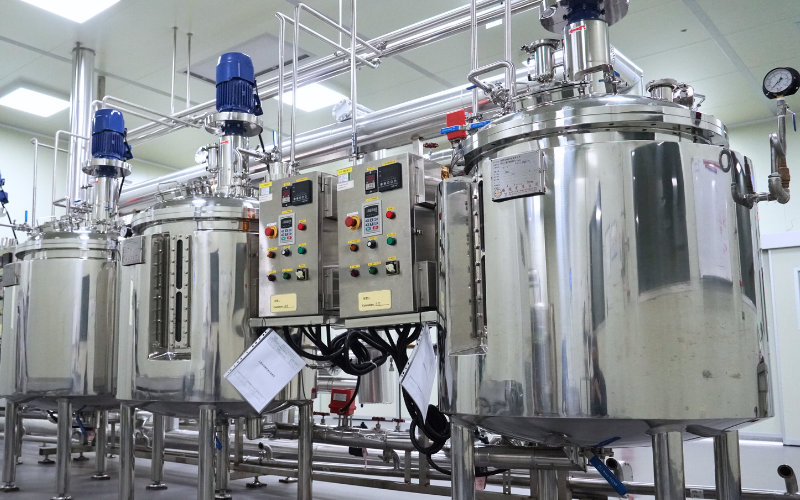
Consistent adoption of ESG corporate sustainable management,
progressively connecting with green supply chains.
ESG corporate sustainable management demands a long-term responsibility and commitment.
We recognize that thoughtful planning is crucial, as hasty initiatives may lead to unintended consequences. At Wel-Bloom Bio-tech, led by Chairman Ivy Wang, we advocate for proactive learning among colleagues. Presently, six senior managers among our nearly 200 colleagues in the Taipei office and two factories in Zhonghe and Zhongli have acquired sustainable management certificates, solidifying their role as key advocates in our ESG strategic framework.
Going Beyond LEED Certification: ESG Initiatives by Wel-Bloom
To underscore its commitment to environmental responsibility, Wel-Bloom Bio-tech has taken a range of green initiatives in its manufacturing processes. These include collaborating with Taiwanese smallholder farmers for raw material cultivation, thereby reducing its carbon footprint while enhancing health benefits and fostering local economic opportunities. Additionally, the company adopts environmentally friendly packaging materials such as soy ink printing and Tritan® bottles, lessening the impact on recycling and decomposition. The “Wel-Blooming Reforestation Project” is also on the horizon, aiming to expand forest land and achieve carbon neutrality.
Moving forward, Wel-Bloom is dedicated to furthering its journey in sustainable management. The aim is to establish a comprehensive green industrial chain that benefits brand clients, consumers, and the environment. By leveraging its products to drive local innovation, the company seeks to infuse global vitality with a commitment to health.
[1] No ESG, No Money!綠建築蔚為風潮,躍住宅界標竿
https://www.ctee.com.tw/news/20231102700077-439901
Contact us right away for more information
